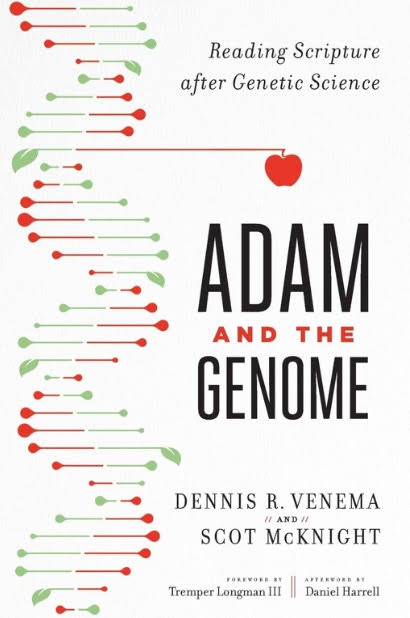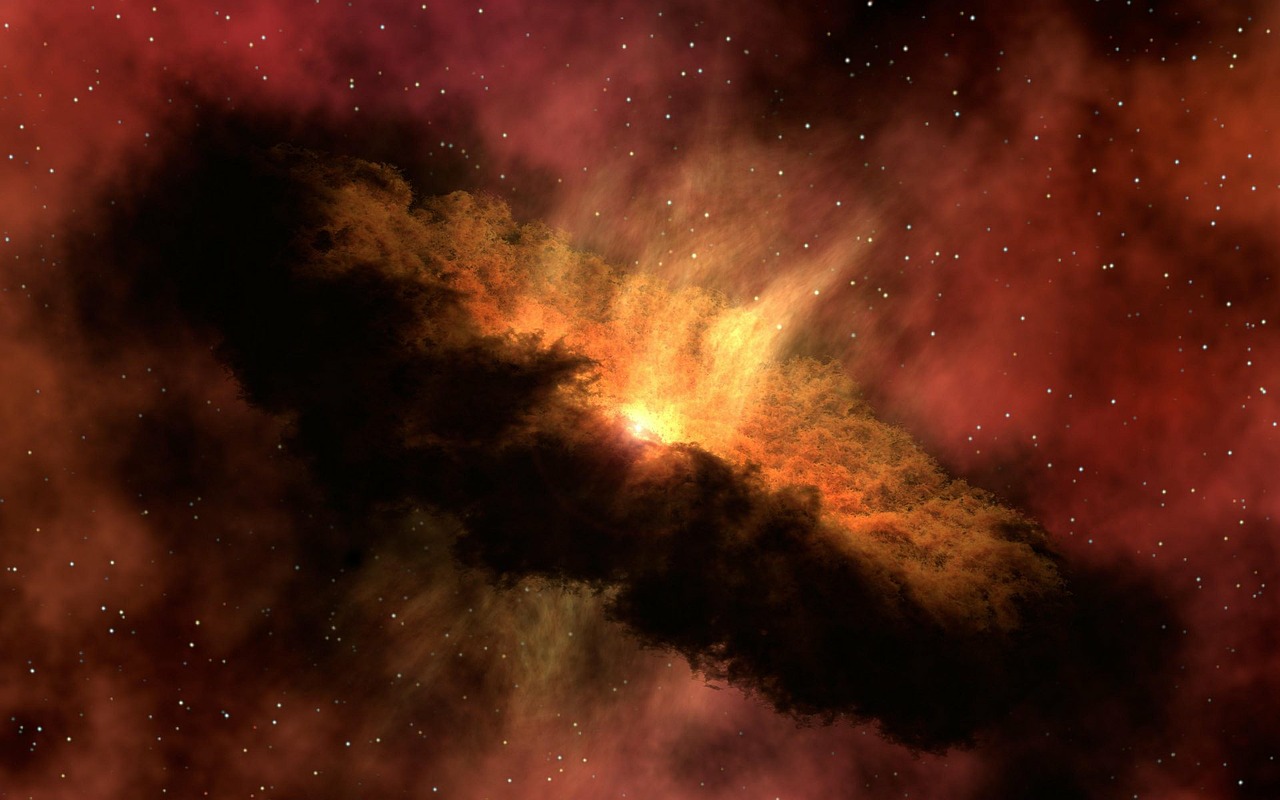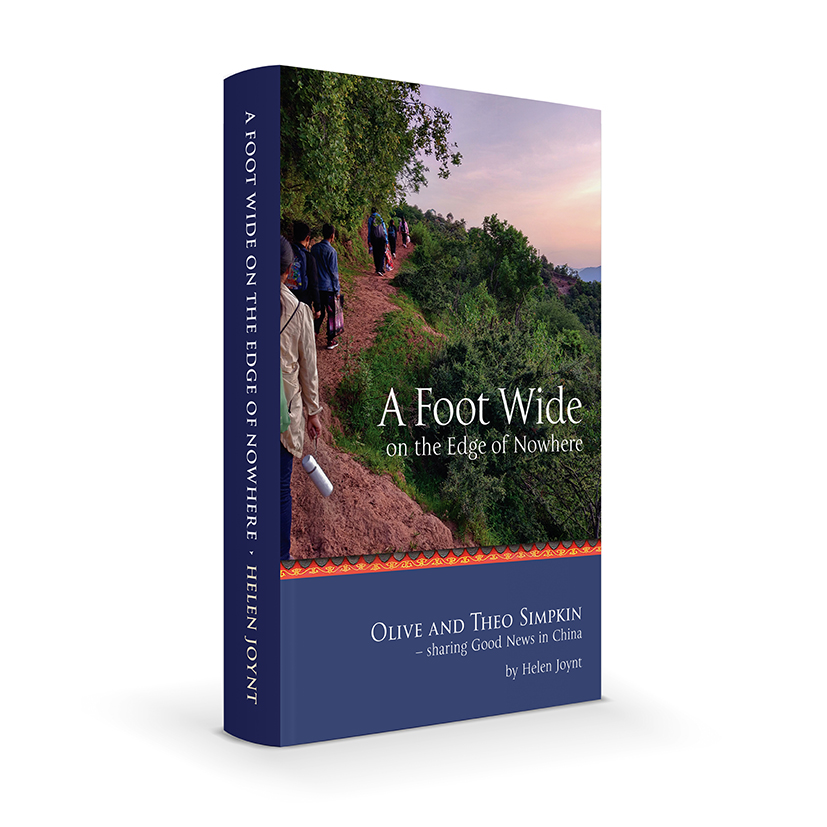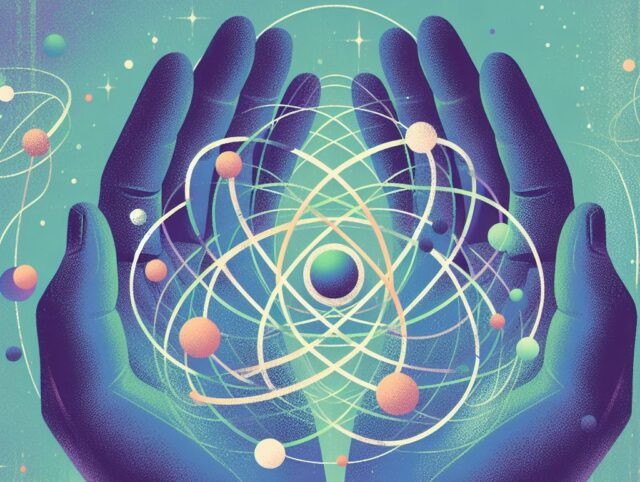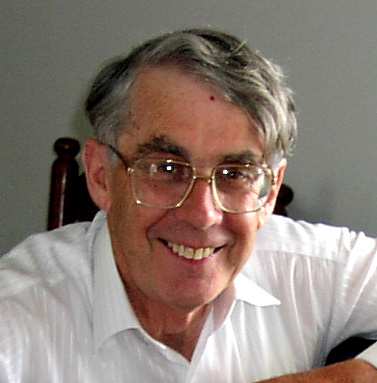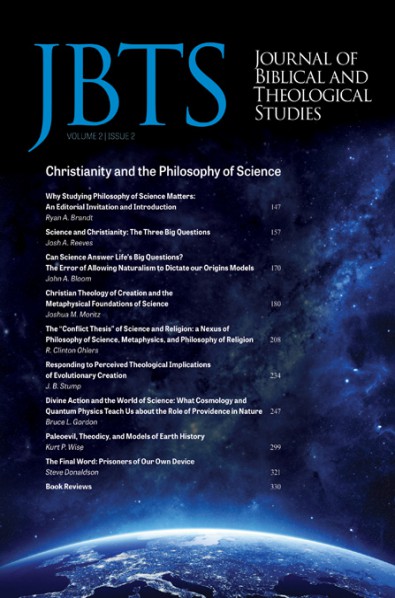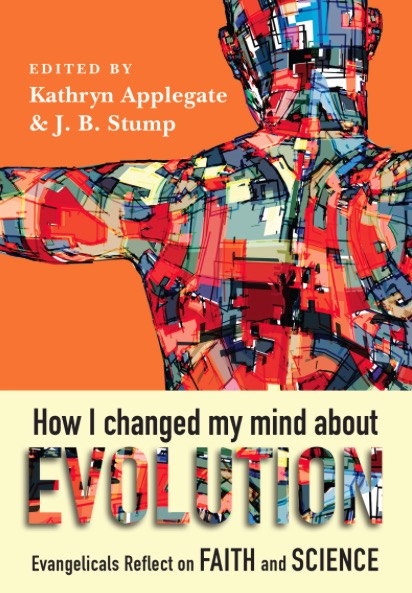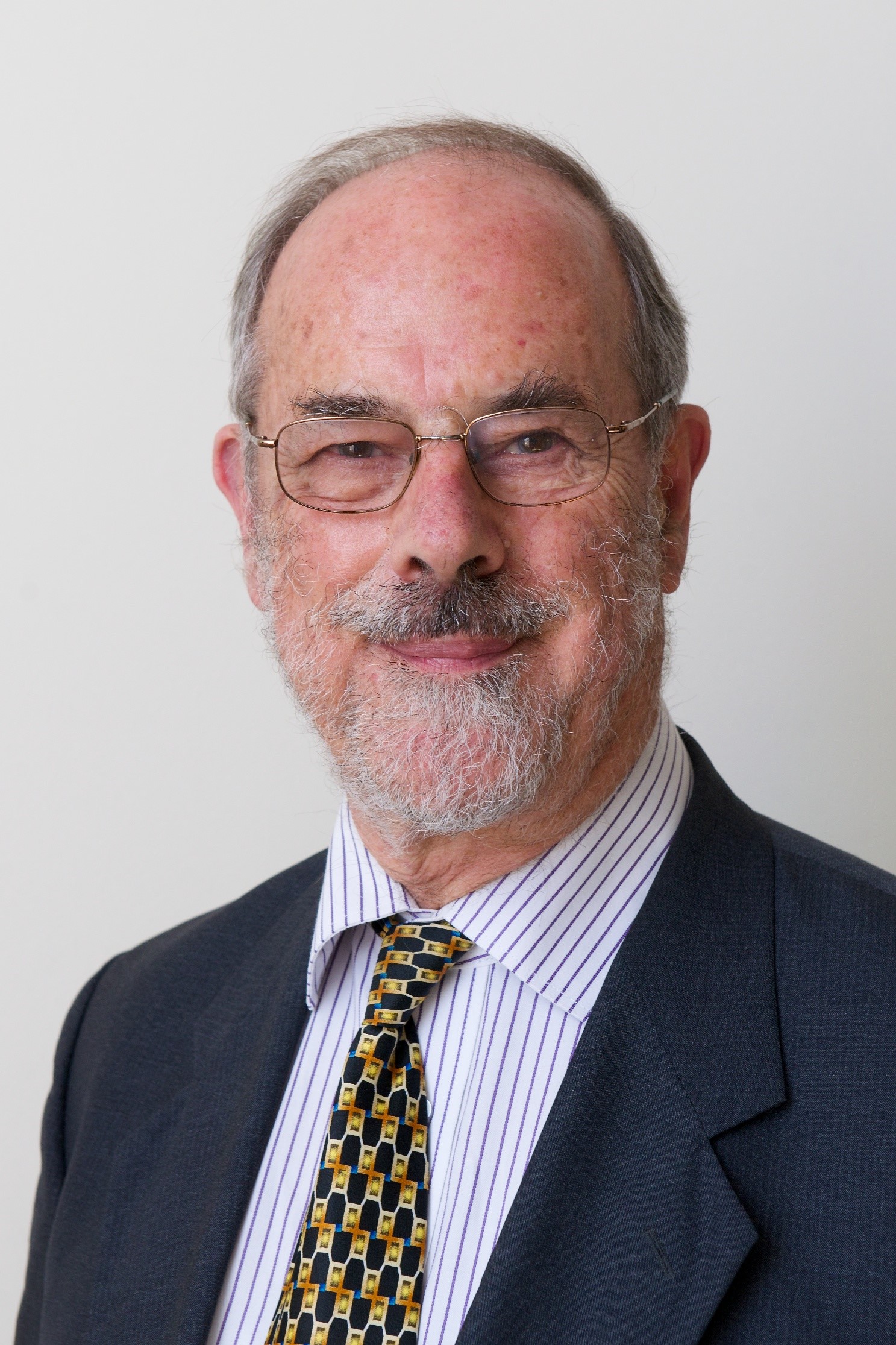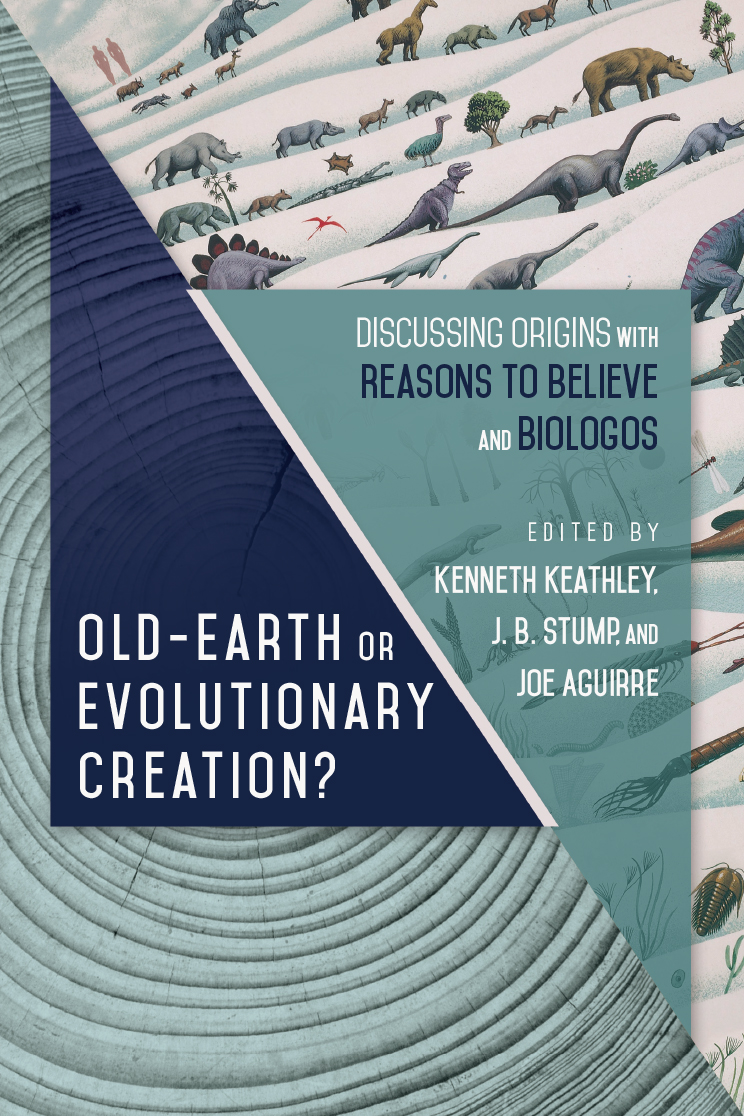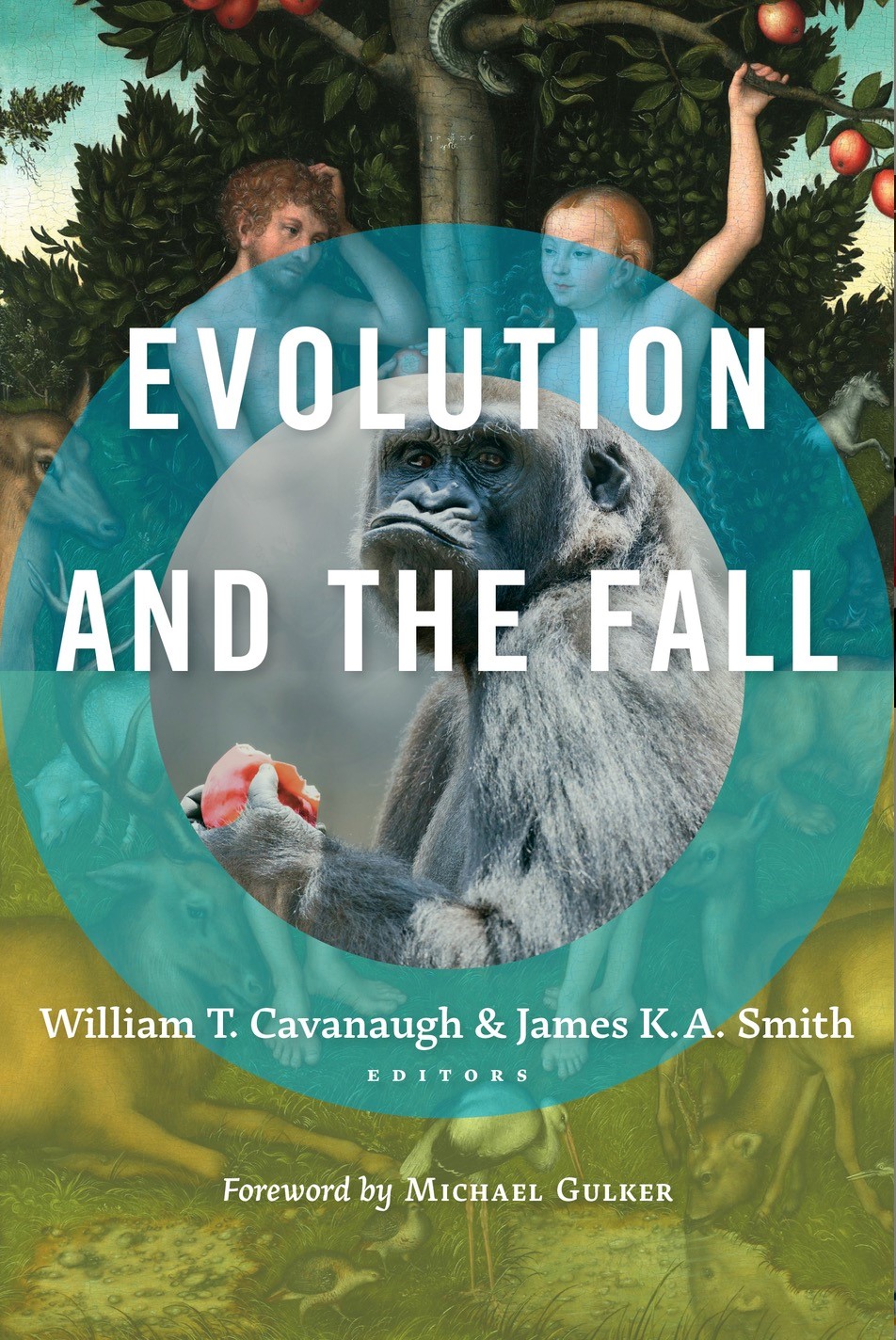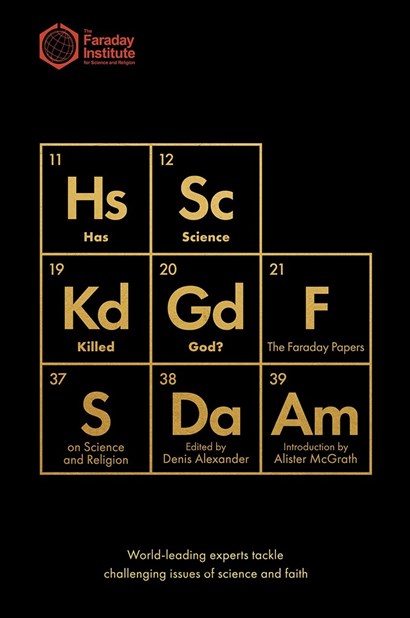


ISCAST Online Journal 2015 Vol. 11
November 2015
The Presupposition of Science-Based Atheism
Jonathan M. Hanes
Jonathan M. Hanes is a researcher and educator with interests in plant phenology, climate change, the philosophy of science, and the relationship between science and Christianity. He holds Bachelor of Science and Doctor of Philosophy degrees in geography and is currently an adjunct assistant professor at the University of Wisconsin-Milwaukee in the United States.
Abstract
Best-selling author Jerry Coyne’s latest book, Faith versus Fact: Why Science and Religion are Incompatible, prompted another round of discussion about the relationship between science and religion (theism, in particular). Are science and religion compatible? Does science preclude the existence of God? Atheists like Coyne hold to a central presupposition about science that merits further scrutiny. The presupposition is that science is an independent, self-verifying arbiter of truth that is inherently rational. For the sake of expanding this debate beyond the usual discussions about scientific evidence, this presupposition must be tested by examining the intellectual structure of science. When this is done, it becomes evident that this presupposition is untenable and leaves its adherents without a rational basis for science.
Contrary to the thesis of Professor Coyne’s book, theism need not compete with science to ascertain truth about nature.
Rather, theism establishes the rationality of science in a way that is impossible in an atheistic framework. Ultimately, the efforts of Professor Coyne and others to dispute theism using science are self-refuting and it’s high time to recognise them as such.
Keywords
science, presuppositionalism, philosophy of science, atheism, Jerry Coyne
Best-selling author Jerry Coyne’s latest book, Faith versus Fact: Why Science and Religion are Incompatible (Coyne 2015), prompted another round of discussion about the relationship between science and religion (theism, in particular). Are science and religion compatible? Does science preclude the existence of God? Or, as the title of a National Geographic piece read, “In Age of Science, is Religion ‘Harmful Superstition’?” (Worrall 2015). Atheists like Coyne hold to a central presupposition about science that merits further scrutiny. The presupposition is that science is an independent, self-verifying arbiter of truth that is inherently rational. This presupposition rises to the surface in Professor Coyne’s book when he states the following: “In the end, it may smack of circularity to use empirical results to justify the use of the empirical toolkit we call ‘science,’ but I’ll pay attention to the circularity argument when someone comes up with a better way to understand nature. Science’s results alone justify its usefulness, for it is, hands down, the single best way we’ve devised to understand the universe.” (Coyne 2015 p. 207).
For the sake of expanding this debate beyond the usual discussions about scientific evidence, we must test this presupposition by examining the intellectual structure of science. While there are many variations of the scientific method, one ever-present element in science is induction, which philosopher of science James Ladyman describes as “the form of reasoning where we generalise from a whole collection of particular instances to a general conclusion” (Ladyman 2002 p. 28). The late Stephen Jay Gould testified to the importance of induction when he described it as the “basic mode of reasoning in empirical science” (Gould 1965 p. 226). Put simply, induction is what enables scientists to derive general descriptions of nature (laws) and general explanations of nature (theories) from specific observations made in a lab or in the field. This jump from specific observations to general laws or theories is facilitated by a belief in the uniformity of nature, which posits that patterns observed in nature will remain consistent across time and space (Schumm 1991 p. 18, Harré 1983 p. 98). In his article on nature’s uniformity, Gould articulated how the intellectual structure of science collapses if the scientist does not adhere to this belief: “Without assuming this spatial and temporal invariance, we have no basis for extrapolating from the known to the unknown and, therefore, no way of reaching general conclusions from a finite number of observations.” (Gould 1965 p. 226).
For science to be rational, this belief in nature’s uniformity must be rational. But how does one establish the rationality of this belief? The uniformity of nature is not a logical necessity and appealing to observational evidence to justify this belief will require the use of induction (Curd and Cover 1998 p. 499), which inevitably begs the question and is tantamount to saying that nature is uniform because nature is uniform. Without this justification, science is left in an intellectual crisis of irrationality that has practical implications. Without such justification, a doctor’s decision to prescribe antibiotics to fight an infection is irrational. Without such justification, my decision to eat food with the expectation of nourishment is irrational (Russell 1912 p. 96). Left without a rational basis for science, atheists who subscribe to the idea that science is an independent, self-verifying arbiter of truth that is inherently rational are forced to relinquish their subscription.
What, then, does science depend on for its rationality? What, if anything, can make sense of the scientist’s belief in nature’s uniformity? In the words of the late Christian philosopher Cornelius Van Til,
the existence of the God of Christian theism and the conception of his counsel as controlling all things in the universe is the only presupposition which can account for the uniformity of nature which the scientist needs. But the best and only possible proof for the existence of such a God is that his existence is required for the uniformity of nature and for the coherence of all things in the world. (Van Til 2008 pp. 125-126)
Contrary to the thesis of Professor Coyne’s book, theism need not compete with science to ascertain truth about nature. Rather, theism establishes the rationality of science in a way that is impossible in an atheistic framework. Consequently, a theist can have greater confidence in scientific findings than an atheist. Ultimately, the efforts of Professor Coyne and others to dispute theism using science are self-refuting and it’s high time to recognise them as such.
Bibliography
Coyne, JA, 2015, Faith Versus Fact: Why Science and Religion Are Incompatible, Penguin Publishing Group, New York.
Curd, M, Cover, JA, 1998, Philosophy of Science: The Central Issues, First Edition, W.W. Norton & Company, Inc, New York, London.
Gould, SJ, 1965, ‘Is Uniformitarianism Necessary?’, American Journal of Science, vol. 263, pp. 223-228.
Harré, R, 1983, An Introduction to the Logic of the Sciences, Second Edition, Macmillan Press, London, Basingstoke.
Ladyman, J, 2002, Understanding Philosophy of Science, Routledge, Oxon, New York. Russell, B, 1912, The Problems of Philosophy, In the Home University Library Of Modern
Knowledge, No. 35, Henry Holt and Company, New York,
http://hdl.handle.net/2027/mdp.39015048991148?urlappend=%3Beq=102
Schumm, SA, 1991, To Interpret the Earth: Ten Ways to Be Wrong, Cambridge University Press, Cambridge, New York, Melbourne, Madrid, Cape Town, Singapore, São Paulo.
Van Til, C, 2008, Edited by Oliphint, KS, The Defense of the Faith, Fourth Edition, Presbyterian and Reformed Publishing, Phillipsburg.
Worrall, S, 2015, “In Age of Science, Is Religion ‘Harmful Superstition’?” National Geographic, viewed 27 October 2015, http://news.nationalgeographic.com/2015/05/150531-religion-science-faith-healing- atheism-people-ngbooktalk/
